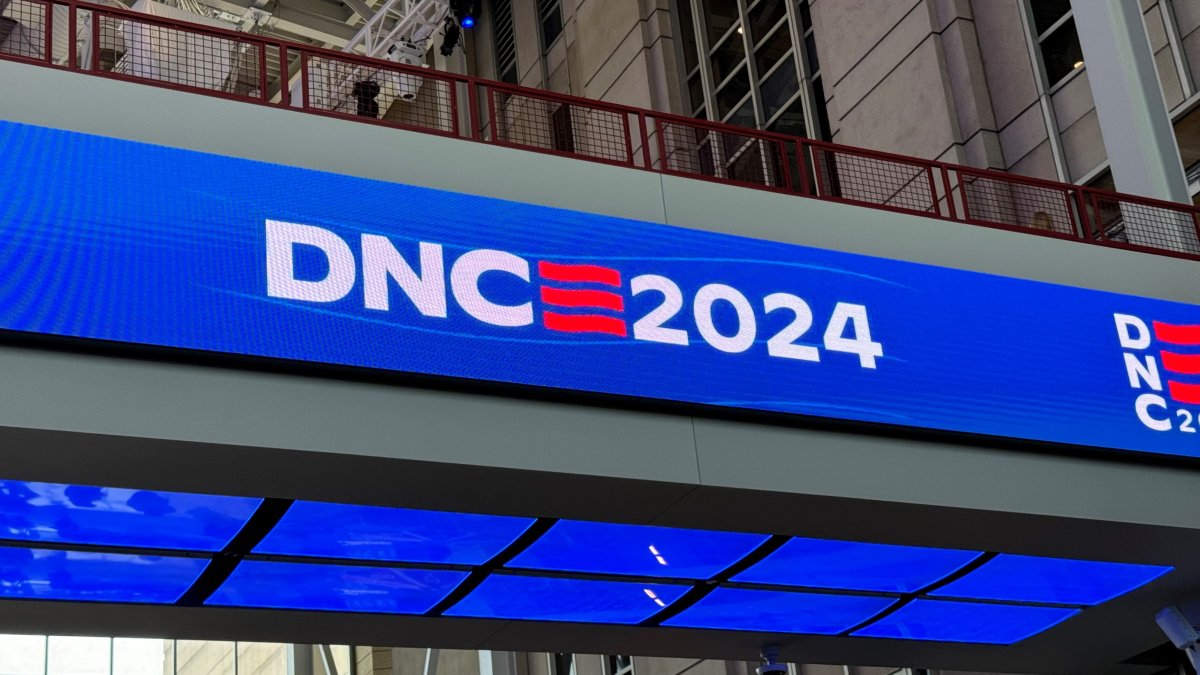President Joe Biden’s decision to withdraw from the presidential race just one month ahead of the Democratic National Convention in Chicago draws an incredible parallel to a previous event that was also held in Illinois.
Biden’s decision to no longer seek the nomination of his party throws the doors open to another candidate to step up and grab the mantel of the Democratic Party, with Vice President Kamala Harris seemingly the frontrunner after getting the president’s endorsement Sunday.
This election will already be historic since the Democratic nominee in all likelihood will not have appeared on any primary ballots, a first since more states began holding primaries in the 1970’s, but the late-breaking nature of Biden’s decision bears a strong resemblance to the events of 1968.
In that year, President Lyndon Johnson announced in late March that he would not seek reelection as the country became increasingly divided over American involvement in the Vietnam War. As a result, Johnson’s delegates that he obtained from state primaries were handed to Vice President Hubert Humphrey.
President Joe Biden will no longer seek reelection after weeks of questions and Democrats calling for him to step aside
Humphrey didn’t enter the race until late April, and his name was not on the ballot in the 13 states that held primaries. According to NBC News’ Steve Kornacki, he instead collected delegates at state conventions and used so-called “favorite son candidacies” to earn delegates from successful state-based campaigns.
Now that Biden has dropped out, Harris could potentially become the first presidential nominee from either the Democratic or Republican party to appear on the ballot without having run as a candidate in primary elections since that 1968 campaign.
The Democratic National Convention that year? Held in none other than Chicago, the site of this year’s convention.
Humphrey ended up winning the nomination on the first ballot, defeating Eugene McCarthy and George McGovern. He ultimately lost to Richard Nixon in the 1968 general election.
Before 1968, the last time an incumbent president had backed out of the campaign this late in the game was in 1952, when President Harry Truman opted not to run for reelection. That was also the last time the party’s convention didn’t determine its nominee on the first ballot, with Adlai Stevenson earning that nod on the third ballot at the convention.
Stevenson lost to Dwight D. Eisenhower in that race.
It is unclear whether history will repeat itself in Chicago, both in terms of potential unrest and because of the possibility of a contested nominating process, but Harris is already racking up support from major donors and officials within the Democratic party, including the president himself.
Biden’s delegates will be released by the president prior to the convention, and they will be free to vote for the candidate of their choosing. If Harris, or any other candidate, doesn’t win a majority of delegates on the first ballot, then a second ballot would be held, with Democratic superdelegates also casting votes until a nominee is determined.
